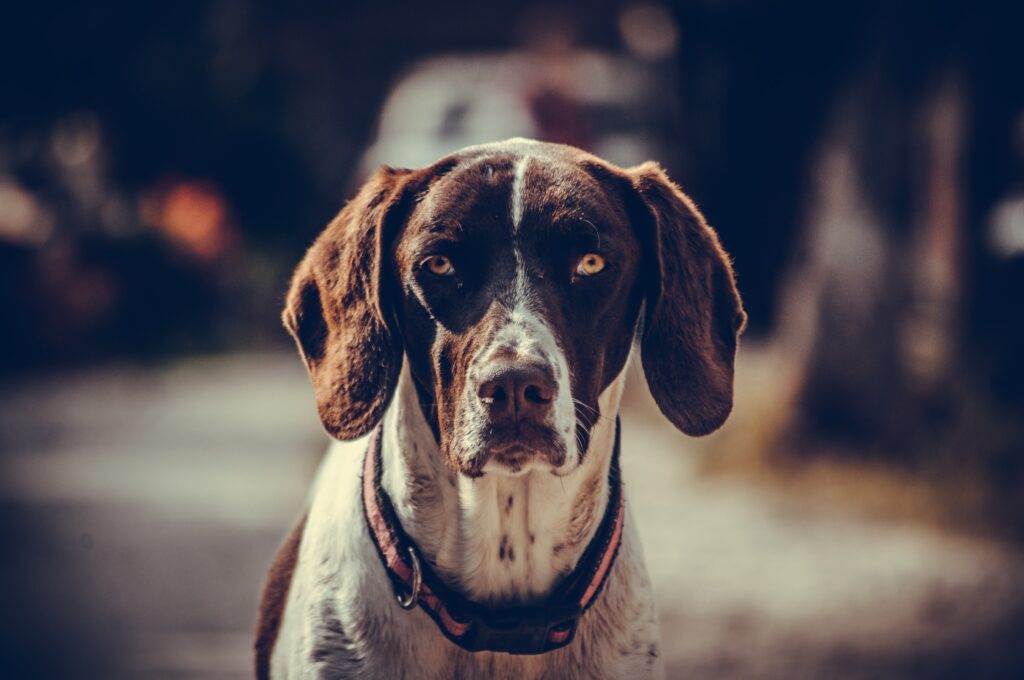A dog is a man’s best friend, so the saying goes. This is the reason why so many of us choose to keep a dog as a pet. They can be incredibly loyal and affectionate and given that they need walking, can provide excellent exercise benefits. If you are having trouble with your mental health, they can help with anxiety issues and are brilliant with children and their personal development. Bearing all this in mind, there is nothing worse than when your favorite pooch appears to be anxious or nervous as this isn’t their usual disposition.
It is usually a sign there is an underlying issue that needs to be addressed. Here we are going to take a look at what the signs of anxiety in dogs are, and how to treat them.
Types of anxiety
The first major form of anxiety in dogs is separation anxiety, as a dog will be used to spending all of its time with its human master. If its owner disappears on holiday without them, then a dog will naturally become upset as its whole life is based around the interaction of play, walks, and feeding times, so it will feel bereft and be at a loose end.
Dogs like things just so, as do many humans, and when presented with a change they can often be left very anxious. This change could be manifested by moving house or simply by taking them to the vets, so to avoid this try and get your dog into a rhythm so that it knows its daily routine.
Loud noises can also trigger anxiety in your favorite canine friend. Dogs have been bred to associate loud noises with danger, which is why they may retreat into their shell and feel anxious around bonfire night and other occasions when there are a lot of loud bangs. So if it seems that your dog is afraid on occasions like independence or carnivals, then you can blame the 4th July fireworks or carnival noises for your dog’s anxiety issues.
Understanding what your dog is trying to tell you is the key to reading the signs that it is anxious. Obviously, it is not easy for a dog to tell us how they are feeling, so we have to look out for the signs. These signs can often be normal dog behavior such as barking so it is important to distinguish between the two. If your hound is barking when you are not at home or is pacing up and down then it is a sure way of telling that they are anxious because if they were happy on their own they would not behave like this.
Other signs can include a lack of appetite when they are actually in fine physical health, a destructive behavior streak such as scratching at furniture, or self-harm where they are itching in their own body. Basically, you are looking for anything out of the normal, especially if your dog is an adult, as these are often the signs of anxiety.
What can I do to treat anxiety?
There are many ways of treating anxiety in dogs, some traditional and some more modern. One example is the use of CBD, which derives from the cannabis plant. In humans, studies have shown it reduces anxiety ? and it is now perfectly possible to buy cbd for pets that do exactly the same thing. It will calm your companion down, allowing them to feel better in their own skin so that they don’t get so anxious when you are not around.
Another great way to treat anxiety is through behavioral training, which is best done from as young an age as possible. Although it can also be done with adult dogs, the effects aren’t as pronounced. When your dog is a puppy, try food training puzzles that can distract them when you are out and then slowly decrease their use over time, as this will help them to cope on their own. Similarly, you can make your dog feel at ease when traveling by rewarding it at separate stages throughout the journey. In the long term, it will begin to associate traveling with treats, thus becoming less anxious and more at home in the boot of your car. It is all about tricking your dog into believing its surroundings are natural.

We have learned all about the different types of anxiety, the signs that dogs show when they are anxious, and also possible cures. You will not suddenly become an expert overnight, you will need to take note of the telltale signs and then act accordingly. Once you become adept at this your life, and more importantly, that of your best friend will improve immeasurably allowing you both to be comfortable when you are without each other.

